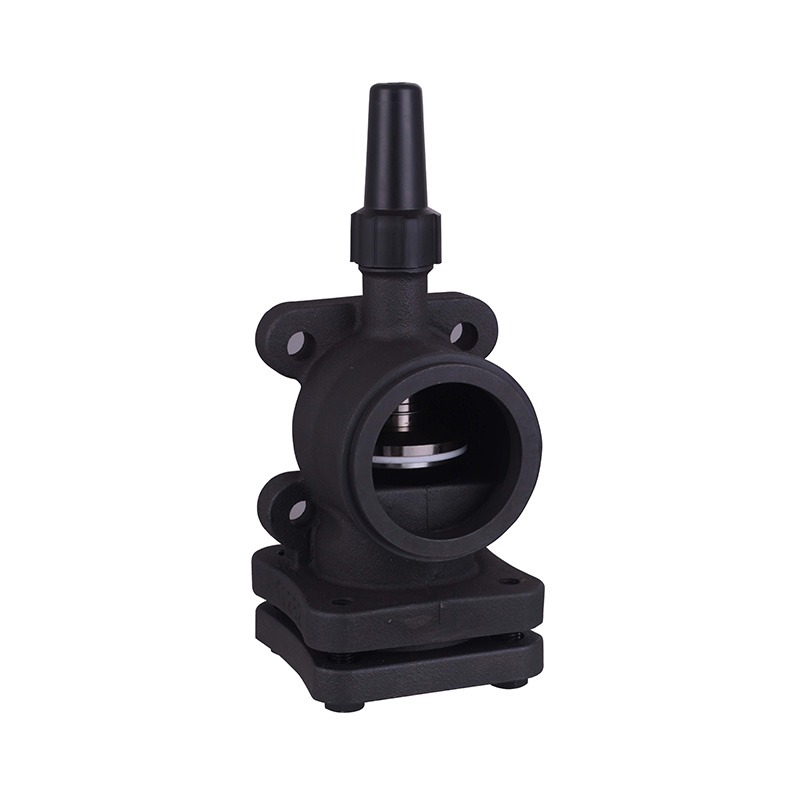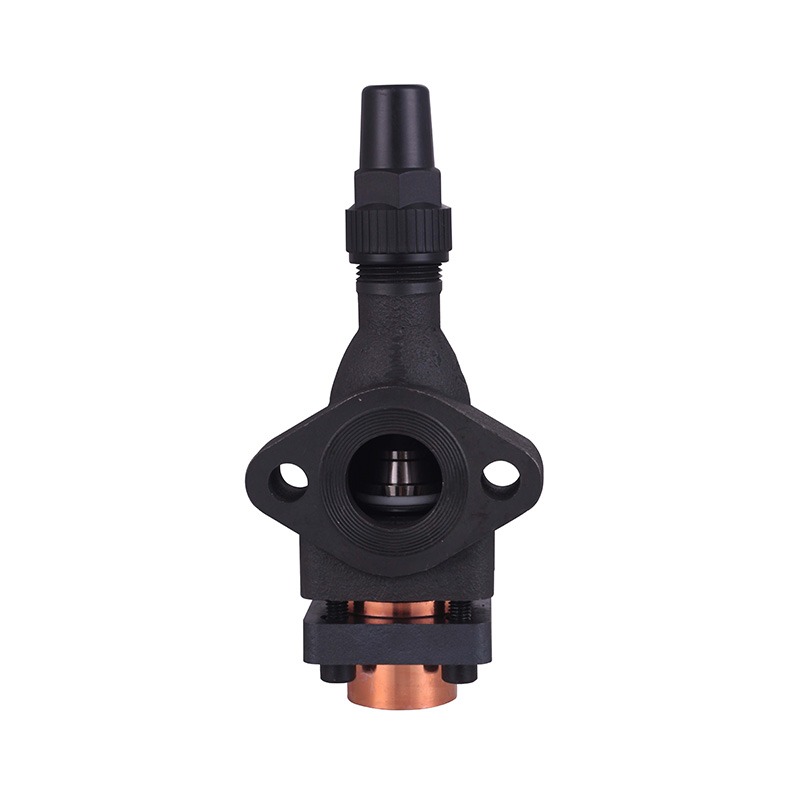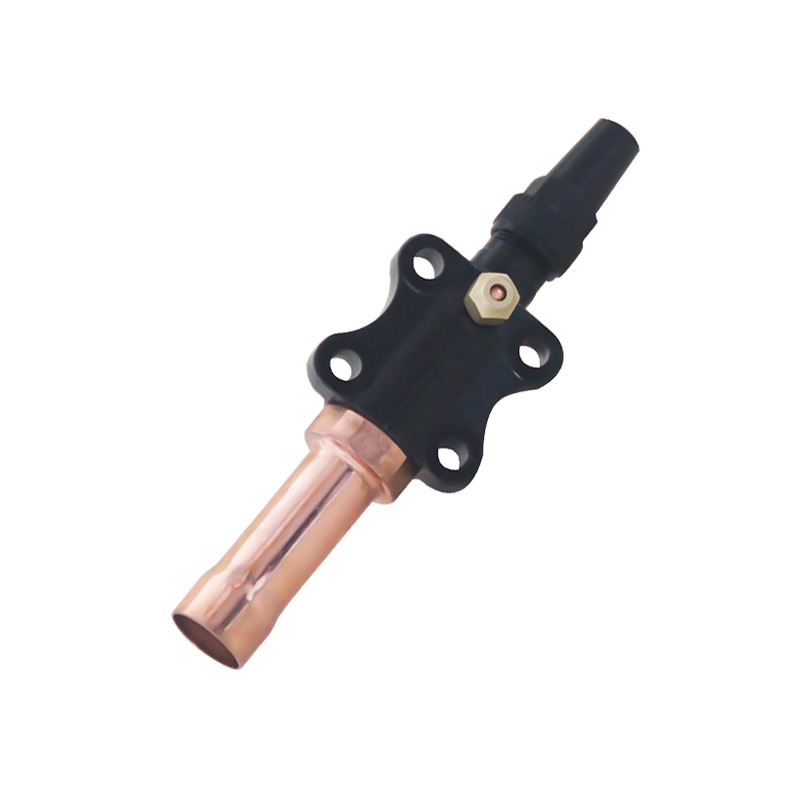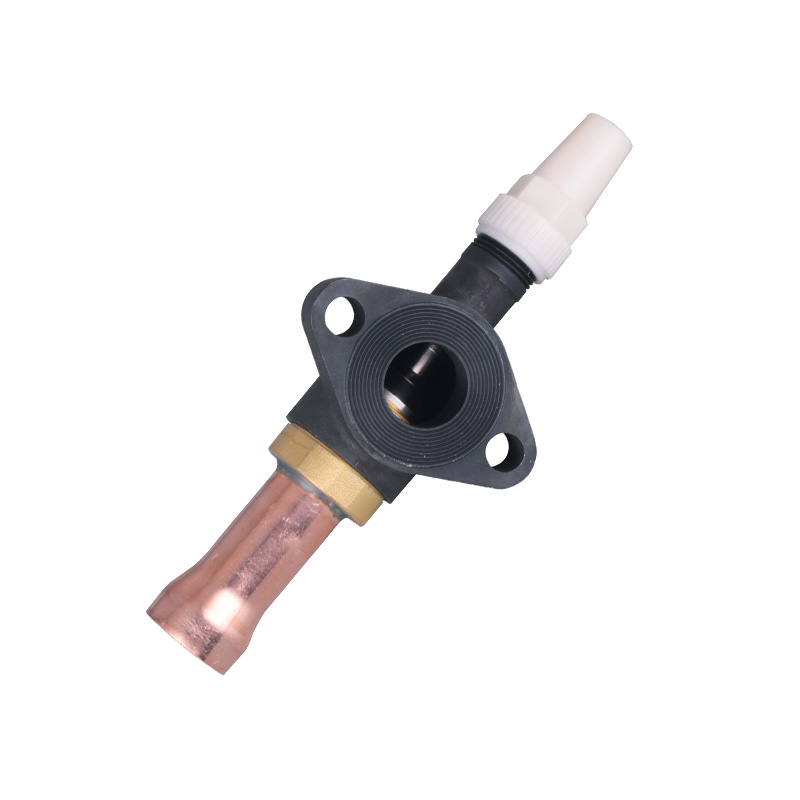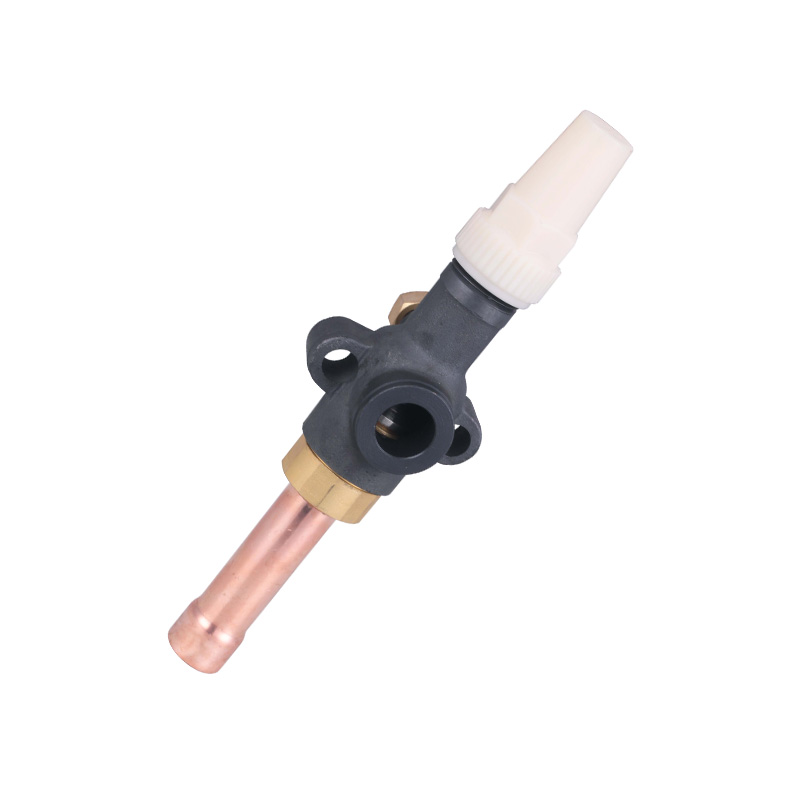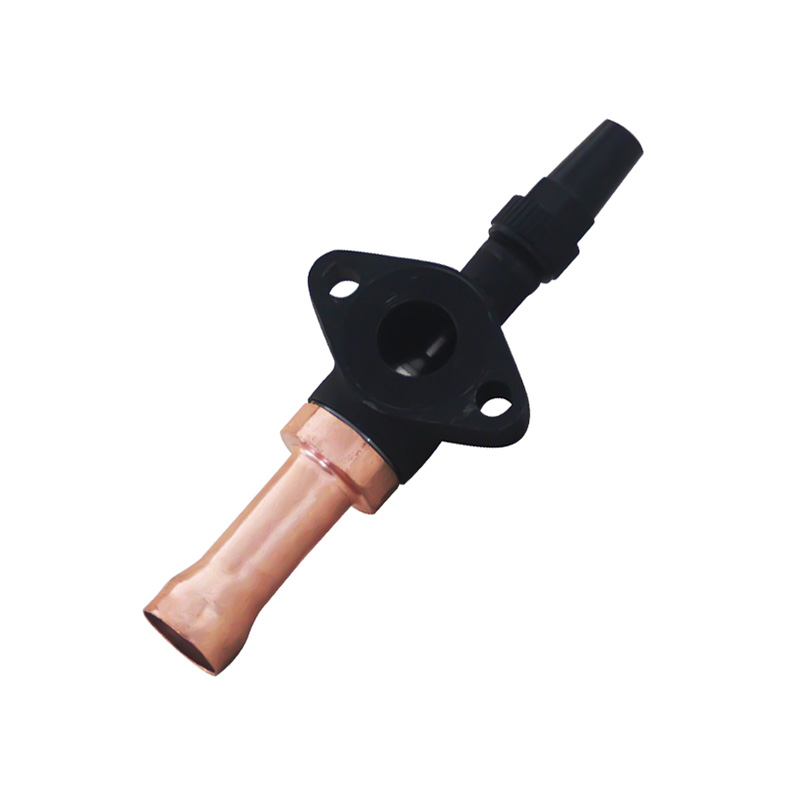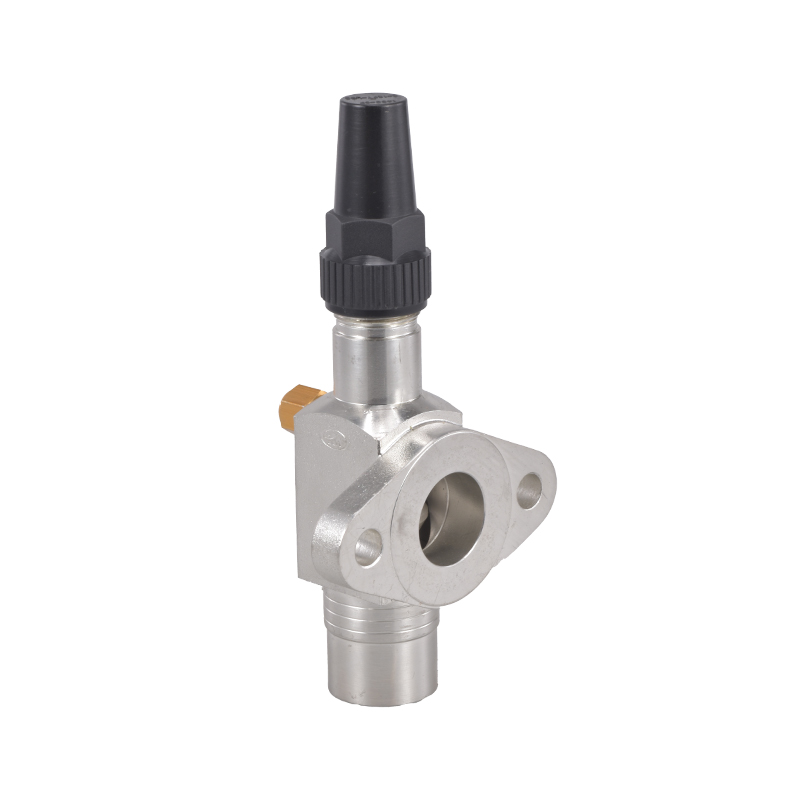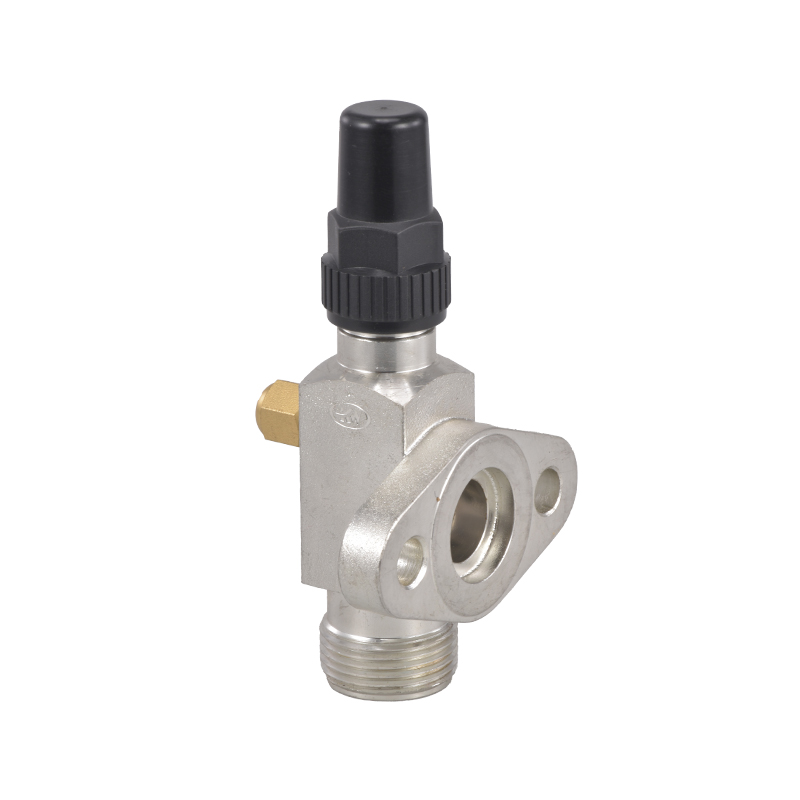Vacuum Pumps: The Backbone of Modern Industry and Technology
 By Admin
By Admin
Vacuum pumps play an essential role across various industries, contributing to technological advancements and improving manufacturing efficiency. From medical applications to aerospace engineering, vacuum pumps are key components in numerous sectors, ensuring precise control over pressure and the removal of gases from sealed environments.
A vacuum pump is a device that removes gas molecules from a sealed chamber to create a partial or full vacuum. By lowering the pressure within the chamber, vacuum pumps enable various processes, such as dehydration, sterilization, and material handling, in industries that require environments free of contaminants or air pressure.
The Indispensable Role of Industrial Vacuum Pumps
Industrial vacuum pumps are the workhorses of manufacturing and processing plants. These robust machines are designed to handle large-scale operations, from chemical processing to semiconductor fabrication. For instance, in the electronics industry, industrial vacuum pumps are used to create ultra-clean environments necessary for producing microchips and circuit boards. Without them, the precision required in modern electronics manufacturing would be impossible to achieve.
Similarly, in the automotive sector, industrial vacuum pumps assist in brake system testing, engine diagnostics, and even the production of composite materials for lightweight vehicle components. Their ability to maintain consistent vacuum levels ensures product quality and operational efficiency.
Medical Vacuum Pumps: Ensuring Sterility and Safety
The healthcare industry heavily relies on medical vacuum pumps for a wide range of critical applications. Hospitals use medical vacuum pumps in surgical procedures, wound drainage, and laboratory analysis. These pumps must meet stringent hygiene standards to prevent contamination, making them a vital part of modern medical infrastructure.
Additionally, medical vacuum pumps are essential in pharmaceutical manufacturing, where sterile conditions are mandatory. They help in lyophilization (freeze-drying) of vaccines and medications, ensuring long-term stability and efficacy. Without medical vacuum pumps, the production of life-saving drugs would be significantly hindered.
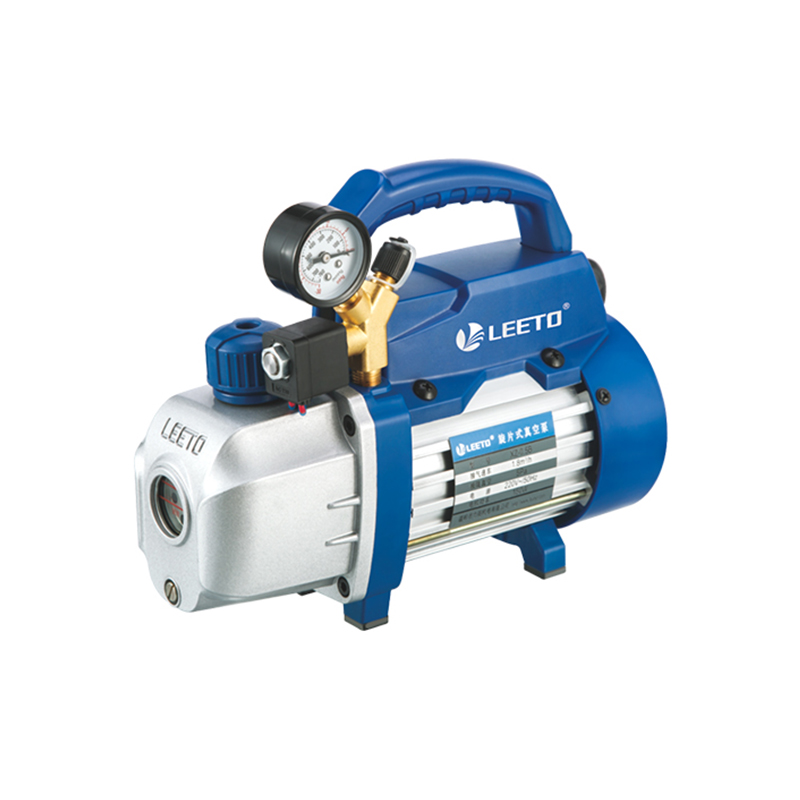
Cooling System Vacuum Pumps: Enhancing Efficiency in HVAC and Refrigeration
Another crucial application of vacuum technology is in cooling system vacuum pumps, which are widely used in HVAC (Heating, Ventilation, and Air Conditioning) and refrigeration systems. Before charging a system with refrigerant, technicians use cooling system vacuum pumps to remove moisture and air, preventing corrosion and inefficiency.
In large-scale industrial cooling systems, such as those in power plants or data centers, cooling system vacuum pumps ensure good thermal performance by maintaining a contaminant-free environment. Their role in energy efficiency cannot be overstated, as even minor impurities can drastically reduce cooling capacity.
Aerospace and Semiconductor Industries: Pushing Technological Boundaries
Beyond traditional industries, vacuum pumps are critical in effective fields like aerospace and semiconductor manufacturing. In aerospace, industrial vacuum pumps simulate the vacuum of space to test spacecraft components, ensuring they can withstand conditions.
The semiconductor industry, on the other hand, depends on ultra-high vacuum environments to produce microchips. Even the slightest presence of air molecules can ruin delicate silicon wafers, making industrial vacuum pumps indispensable in cleanroom facilities.
Future Innovations and Sustainability
As industries evolve, so do vacuum pump technologies. Modern designs focus on energy efficiency, noise reduction, and environmental sustainability. For example, newer cooling system vacuum pumps incorporate variable speed drives to minimize power consumption, while advanced medical vacuum pumps feature oil-free mechanisms to eliminate contamination risks.
Moreover, the rise of renewable energy technologies, such as solar panel manufacturing, has further increased the demand for high-performance industrial vacuum pumps. These pumps are used in thin-film coating processes, where precise vacuum control ensures good energy conversion efficiency.
From healthcare to high-tech manufacturing, vacuum pumps are the unsung heroes of modern industry. Whether it's a medical vacuum pump ensuring sterile conditions, a cooling system vacuum pump optimizing refrigeration, or an industrial vacuum pump driving large-scale production, these devices are fundamental to progress. As technology advances, their role will only grow, solidifying their place as the backbone of industrial and scientific innovation.




 English
English русский
русский Deutsch
Deutsch
